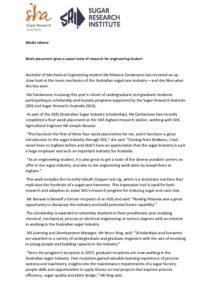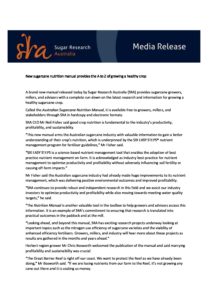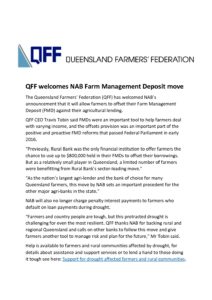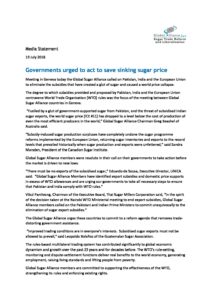QFF – Media Release
QFF welcomes offset move by other major banks
The Queensland Farmers’ Federation (QFF) has welcomed announcements from Westpac and ANZ that they too will now allow farmers to offset money held in Farm Management Deposits (FMDs) against their agricultural lending. QFF CEO Travis Tobin said the capitulation from Westpac and ANZ meant that farmers do not need to consider switching banks to access the improvement to this useful risk management tool and he congratulated Minister for Agriculture David Littleproud for successfully encouraging all the banks to get on board. “The offsets provision was an important part of the positive and proactive FMD reforms that passed Federal Parliament in early 2016 but until recently, Rural Bank was the only financial institution to offer farmers the opportunity to use their FMDs to offset their borrowings,” Mr Tobin said. “NAB, CBA and Rabobank recently followed Rural Bank’s lead after the Royal Commission hearings and constant pressure from Federal Agriculture Minister,David Littleproud and we commend his persistence on this issue.” “With all the major agri-lenders now offering FMD offsets, whether to switch banks or not is one less decision farmers will need to make. With drought pressures mounting, this will be welcome for many.” “Farmers and country people are tough, but this protracted drought is challenging for even the most resilient. QFF thanks the banks for backing rural and regional Queensland by giving farmers another tool to manage risk and plan for the future,” Mr Tobin said. Help is available to farmers and rural communities affected by drought, for details about assistance and support services or to lend a hand to those doing it tough see here: Support for drought affected farmers and rural communities. ENDS
Media enquiries: Kayla Plunkett – 0448 000 692





